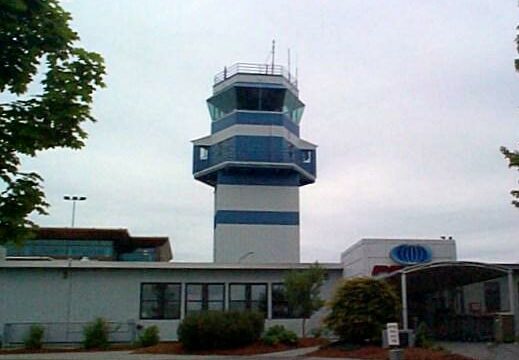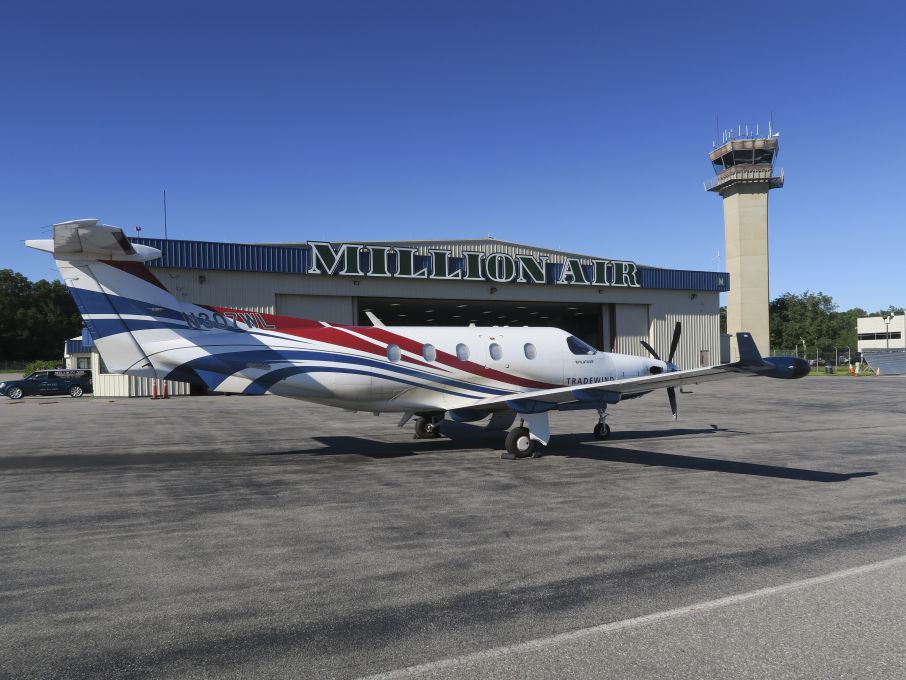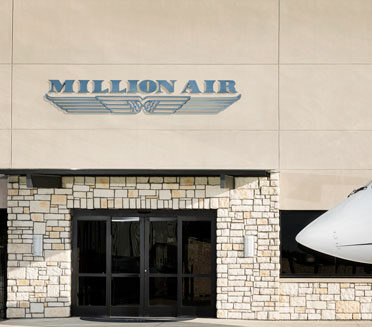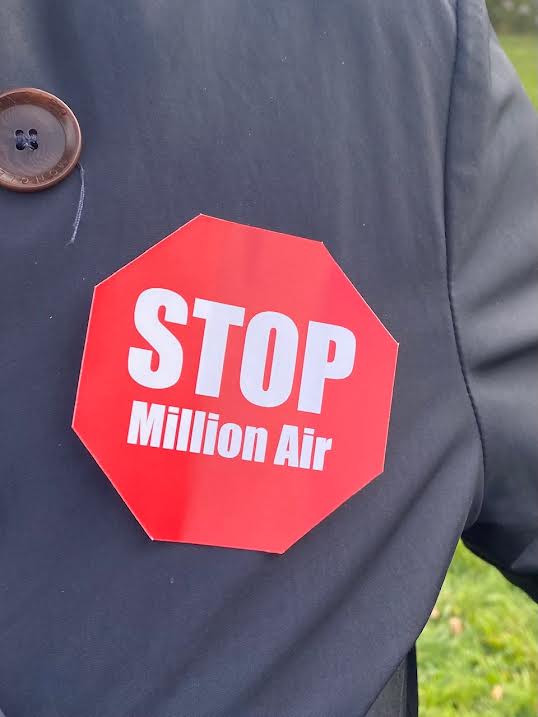Locals Say PDA Has Conflict of Interest in Million Air Project

Million Air’s proposed flight facility at Pease International Tradeport is getting closer to a vote by the Pease Development Board. But the project faces objections from some Seacoast residents, and new allegations the board is engaged in a potential conflict of interest.
At issue is Million Air’s use of the engineering firm Hoyle Tanner & Associates to create the plan presented to the board. Residents say this presents a conflict since the PDA has used this firm for environmental reviews on other projects. The PDA brought in a different firm, GM2 Associates, to review the wetlands impact of the Million Air project.
The potential conflict was pointed out in a letter from opponents of the new facility. “This is a frustrating and questionable conflict of interest. How can the PDA allow this to happen?” they wrote.
The Pease Development Board has until next month to take action on Million Air’s application for its fixed-base operator (FBO) facility, after granting the company an extension. It is the location of that FBO, close to critical wetlands, that has residents alarmed. They say they are already dealing with PFAS-contaminated water and they can’t afford the potential risk from the new project.
The proposed FBO includes a new hangar and a fuel farm that can hold close to 90,000 gallons of jet fuel. Residents say the board is rushing the project, and they want the PDA to hire an independent environmental firm to review the project and proposed location.
“The PDA’s concern for water quality and preserving the environment around Pease is certainly not evident from the proceedings in the matter thus far. The PDA has NOT earned our trust,” wrote the group of concerned residents, including Dania Seiglie, Dudley Dudley, Pete Carey, Mary-Jo Monusky, and Jane Man.
Former PDA executive director George Bald and local wealth manager Tom Sedoric have endorsed the project, recently penning an op-ed blaming the opposition on rival FBO Port City Air, which is currently operating at Pease.
“The ‘rest of the story’ is that Port City Air (PCA) wishes to retain its lucrative monopoly at Pease. PCA is cloaking itself as the environmental protector of the public interest. PCA is no protector and is simply opportunistically seeking to retain its monopoly at Pease,” Bald and Sedoric wrote.
However, the opposition of close to 1,000 residents, led by Seiglie, has consistently warned that Million Air poses a risk to the health and safety of residents. Pease Airport is already listed as a Superfund site by the EPA because of the PFAS contamination. Seiglie says the concerns of the residents have been ignored.
“Despite our continued questions, we have received a deafening silence. We get the same message back: trust us, this is a good plan. Worse, some argue that our concerns aren’t worthy of a response because this debate isn’t about the environment,” the opposition letter states.
Peter Bragdon, the New Hampshire spokesman for Million Air, said the proposed FBO will feature state-of-the-art protections and that it will be smaller than Port City Air’s fuel and fluid system currently in use at Pease.
“(It) will include double-walled storage tanks and piping, retention berms, oil stop valves, oversized containment chambers, and oil-water separators, backed up with failsafe alarms, control valves, and high-level gauging instrumentation,” Bragdon said. “It will be far more environmentally safer than Port City Air’s two existing fuel farms, one of which abuts Million Air’s proposed fuel facility, which together store and distribute more than 300,000 gallons of fuel and deicing fluids at Pease.”
Opponents aren’t taking Million Air at its word. They want the PDA to either hire a new firm to conduct a full environmental site plan review, or simply move Million Air’s project to a different location at Pease, one further away from the wetlands.
“We hope the PDA Board will look at this matter objectively and account for the health, safety, and community well-being of those who live and work in and around Pease,” they wrote.
CORRECTION: An earlier version of this story reported the PDA used Hoyle Tanner & Associates to review the proposal the engineering firm wrote for Million Air. That was incorrect. NHJournal regrets the error.







